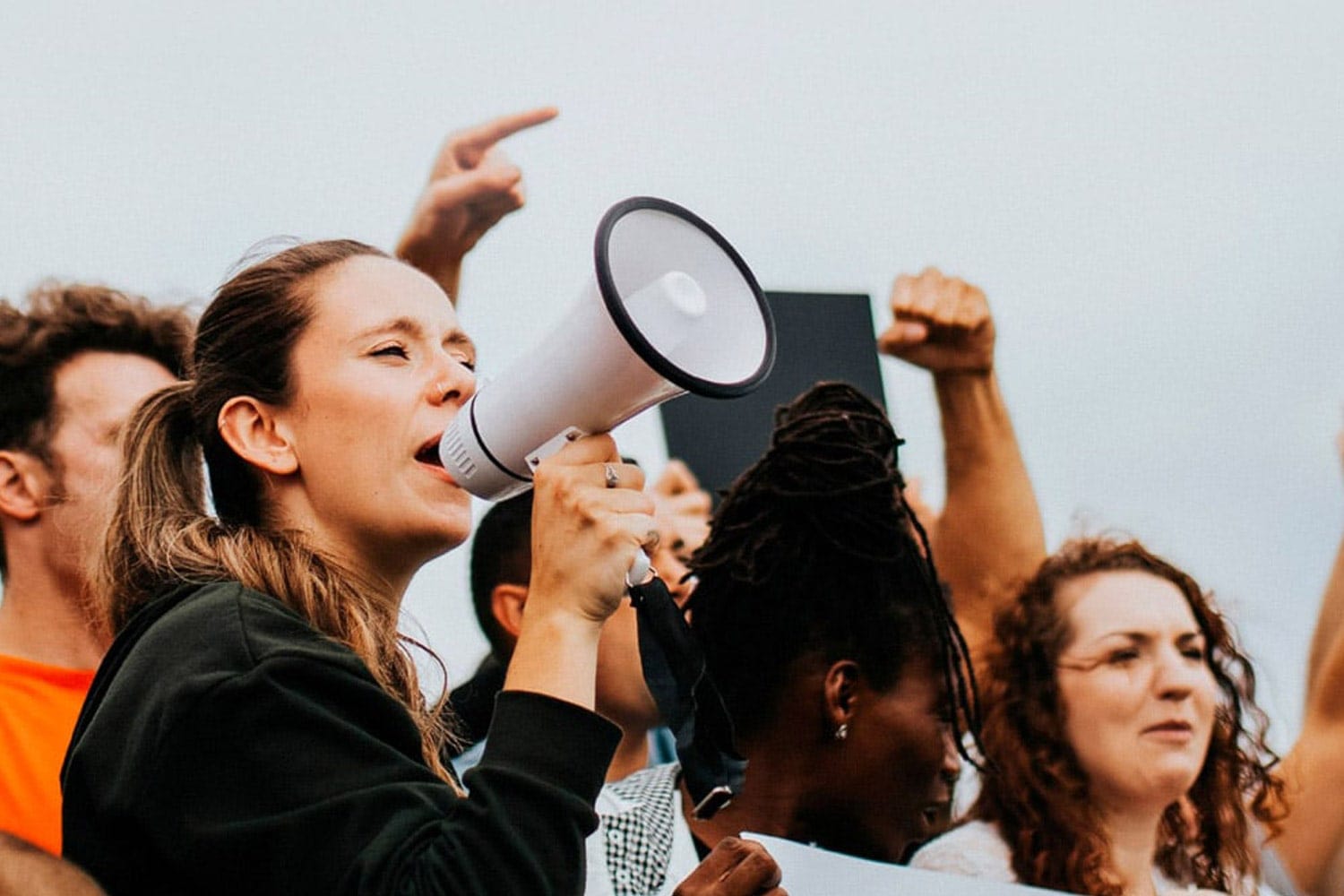Youth participation in elections is vital for the health and vibrancy of democracies. As the future leaders and decision-makers, young people play a crucial role in shaping political landscapes and ensuring that diverse perspectives are represented. This article explores the significance of youth participation in elections, the benefits it brings, and strategies to encourage greater involvement among young voters.
Benefits of Youth Participation
- Fresh Perspectives and Innovation: Young people often bring new ideas and perspectives to the political arena. Their involvement can lead to innovative solutions to contemporary issues and ensure that the needs and aspirations of younger generations are addressed.
- Increased Political Engagement: Engaging young voters can foster a lifelong commitment to political participation. By involving youth in elections, societies can nurture a politically active and informed citizenry, leading to greater overall engagement in democratic processes.
- Representation of Emerging Issues: Youth are frequently at the forefront of emerging social and political issues, such as climate change, digital rights, and education reform. Their participation ensures that these critical issues receive the attention they deserve and are addressed in policy discussions.
- Strengthening Democracy: A robust democratic system relies on the active participation of all segments of society. By including young people in elections, democracies become more representative and resilient, reflecting the diverse views and needs of the entire population.
Barriers to Youth Participation
Despite the benefits, several barriers can hinder youth participation in elections:
- Lack of Awareness and Information: Many young people may not have access to adequate information about the electoral process or the importance of voting. This lack of awareness can lead to disengagement and apathy.
- Cynicism and Disillusionment: Negative perceptions of politics and distrust in political institutions can discourage young people from participating. They may feel that their vote has little impact or that the political system is unresponsive to their concerns.
- Limited Access and Resources: Practical barriers, such as difficulties in registering to vote or accessing polling places, can affect youth participation. Financial constraints and lack of transportation can also contribute to lower turnout.
- Political Exclusion: In some cases, young people may feel excluded from political processes or perceive that their voices are not valued. This sense of exclusion can lead to reduced motivation to participate in elections.

Strategies to Encourage Youth Participation
To overcome barriers and enhance youth participation, several strategies can be employed:
- Educational Initiatives: Integrating civic education into school curricula can help young people understand the electoral process, the importance of voting, and how they can get involved. Programs that educate students about their rights and responsibilities as voters can foster a sense of empowerment and engagement.
- Leveraging Digital Platforms: Social media and digital platforms are effective tools for reaching young voters. Political campaigns and organizations can use these platforms to share information, engage with youth, and mobilize support. Online registration and voting options can also facilitate participation.
- Youth-Friendly Policies: Implementing policies that address the specific needs and interests of young people can encourage their involvement. This includes supporting initiatives related to education, employment, and environmental sustainability, which resonate with younger generations.
- Mentorship and Leadership Programs: Providing opportunities for young people to engage in political and community leadership roles can build their confidence and skills. Mentorship programs and youth councils can offer guidance and support, helping young individuals become active participants in the political process.
- Promoting Inclusivity: Ensuring that political platforms and campaigns are inclusive and reflect the diversity of youth experiences can increase engagement. Creating spaces where young people feel heard and valued can encourage greater participation and involvement.
- Addressing Barriers: Removing practical barriers to voting, such as simplifying registration processes and ensuring accessible polling locations, can enhance youth participation. Offering support for those facing logistical challenges can make it easier for young people to exercise their voting rights.
Conclusion
Youth participation in elections is crucial for a vibrant and representative democracy. By actively engaging young people, societies can benefit from fresh perspectives, increased political engagement, and a more inclusive political process. Addressing barriers and implementing strategies to encourage youth involvement can help ensure that the voices of younger generations are heard and valued. As the leaders of tomorrow, young people have the power to shape the future and contribute to a more dynamic and equitable democratic system.
